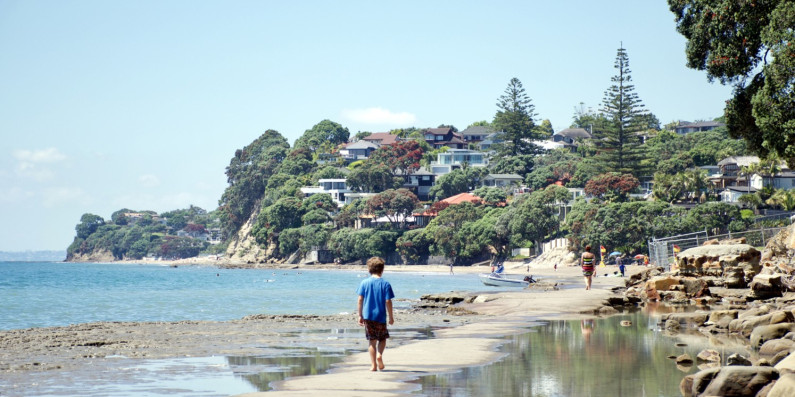Kia ora koutou,
The Ministry has had a busy start to 2024. We continue to make changes to our operating model to make sure we are set up to work as effectively as we can, and to respond to the direction set by the Government.
MfE, alongside other agencies and Ministries, has continued to support the Government follow its coalition commitments for its first 100-days in office.
Soon after taking office the Government indicated it would take a phased approach to resource management reform. During the first phase of changes, in December 2023, it repealed the Natural and Built Environment Act (NBA) and the Spatial Planning Act.
Some parts of the NBA were retained, including its fast-track consenting regime, as an interim step while new legislation was developed.
In the second phase the Government introduced legislation for a fast-track approvals regime (to make it easier to consent new infrastructure including renewable energy and other developments). It also intends to make amendments to the RMA and will provide national direction on the Going for Housing Growth package.
In the third phase of reform, the Government intends to replace the existing Resource Management Act 1991 with new legislation.
Work to review and replace the National Policy Statement for Freshwater Management 2020 has begun and is expected to take 18-24 months, including consultation.
Last year’s severe weather has focused attention on the importance of both reducing our greenhouse gas emissions and preparing for the impacts. Our work on the proposed National Policy Statement for Natural Hazard Decision-Making continues, and work is underway to create the second Emission Reduction Plan (ERP2).
We look forward to continuing working with you on these programmes.
Ngā mihi nui, nā
Nadeine Dommisse,
Deputy Secretary, Environment Management and Adaptation
